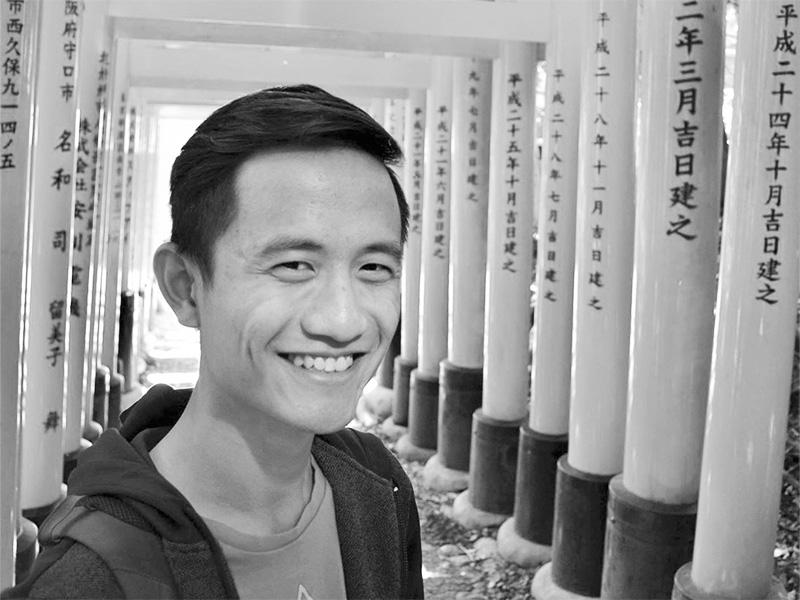The United States Supreme Court’s decision affirming an order placing a population limit on California’s prisons to prevent continued mental and medical health violations does not mean that “46,000 criminals – the equivalent of three army divisions – will be released,” as Justice Alito claimed in his dissent.
His description of the consequences of the Supreme Court’s decision is an example of the hyperbole and hysteria used by Justices who are required to exercise sound reasoning in deciding cases.
Our perspective comes from having served more than 50 years combined in California prisons, and having witnessed the conditions under which men are confined, and the provision of medical treatment to those in need. We understand, too, that in an economy where many law-abiding citizens are out of work and unable to afford health care for themselves and their families, the lack of mental and medical health treatment for prisoners does not engender much sympathy.
However, the U.S. is still a symbol of freedom across the world. How we treat the most despised of our own citizens is important if we are to have credibility and moral authority in advocating for human rights in other countries. The Court noted that the Constitution protects the “essence of human dignity in each person.”
Much of the criticism of the Supreme Court’s decision focuses on the remedy, which will require the early release of some prisoners. The release order was a remedy of last resort and necessary after more than a decade of failed attempts to fix a system that did not meet minimal health needs.
The ‘criminals’ to be released under the Supreme Court’s decision would be released eventually, and many have made strenuous efforts to rehabilitate themselves so that they can return as assets to their communities.
The conditions under which we incarcerate men directly influence what type of person is returned to the community. One of us [Héctor Oropeza] is a father of three; we, too, are concerned about who is released from prison – and this is why this order is so important to us. A former warden of San Quentin, Jeanne Woodford, testified that the conditions of prisons “make people worse” and “are not meeting public safety” by the way they treat people.
That for over a decade California has subjected prisoners to standards that amount to cruel and unusual punishment while maintaining an extraordinarily high rate of incarceration reflects an erosion of fundamental values of American society. The closing of mental health facilities, cutting of school budgets, and conducting the “War on Drugs” are all factors inflating California’s prison population. Many of those serving time in prison would have been better served through treatment for addiction, mental health problems, or job opportunities.
We have seen the deliberate indifference to the suffering of the mentally disabled and physically sick. The majority decision noted that suicidal inmates were kept in “telephone booth-sized cages without toilets” and that “50 sick inmates were held in a 12×20 foot cell.”
Communicable diseases, which do not respect the barriers of prison walls, are rampant in California prisons. Prisoners who are released with communicable conditions or debilitating illness will continue to burden the health care systems in their communities.
It was disheartening to read Justice Scalia, in his dissent, describe the case as one “whose proper outcome is so clearly indicated by tradition and common sense, that the decision ought to be shaped by the law, rather than vice versa.”
Justice Scalia’s respect for the requirements of the law apparently stops when convicted felons are the litigants. While he calls for common sense, he ignores the expert testimony, which led to the finding that prisoner release was necessary. He implies that 46,000 prisoners will be released en masse, and indiscriminately. At the time the opinion was issued, the prison population had already undergone a reduction of 9,000 inmates.
The reality is that the releases will not be en masse and the figure will be much lower. Relatively few prisoners serve their entire sentences due to the availability of good-time credits, which provide for reduction in the time served. The state has great discretion to select those inmates whose early release presents a minimal risk to public safety. Many of those prisoners who are serving time for technical parole violations will be diverted to community-based programs.
Justice Scalia also claims, without proof, that “Most of them will not be prisoners with medical conditions or severe mental illness; and many will undoubtedly be fine physical specimens who have developed intimidating muscles pumping iron in the prison gym.”
Justice Scalia ignores the reality that gyms have been used to house prisoners for many years, which is part of the problem brought on by overcrowding. Overcrowding and lockdowns compromise the immune systems of prisoners due to a lack of fresh air and exercise. The lack of sanitary conditions in these gyms exacerbates the spread of disease. Weights have not been available in California prisons for more than a decade.
While Justice Scalia’s criticism of the majority decision is trenchant and beautifully written, it is based on a false notion of the conditions in prison and blindness to the consequences of subjecting men to inhumane treatment for more than a decade. Justice Scalia ignores the sad reality that many of those who suffer from mental or physical disabilities lack the ability or means to bring complaints to federal court, especially given the difficult obstacles placed by Congress and the Court to prisoner lawsuits in recent years.
Only a class action lawsuit and the remedy approved by the Court’s majority could provide any meaningful recourse. Restoration of felons to society in a manner that benefits the community and the offender makes sense. The dehumanizing portrayal of inmates by Justice Scalia and his criticism of a reasonable and lawful decision through hysteria and hyperbole is unseemly.
Stephen Yair Liebb is a lifer who has served 30 years. He was found to meet the standards for parole by a federal judge in 2010. That decision was overturned by the U.S. Supreme Court.
Hector Oropeza was released from prison on June 8, after serving 20 years. He attributes his continued mental health in prison to his educational opportunities, and his release, to access to the courts.
Attribution: This article originally appeared in the Fox News Latino June 10, 2011. Read Story
Please note that the Prison University Project became Mount Tamalpais College in September 2020.











